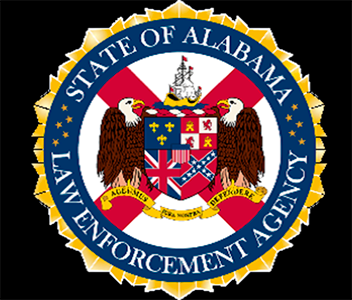Meetings will help explain new photo ID law
Published 6:59 pm Friday, March 14, 2014
Pike County Probate Judge Wes Allen wants to make sure voters understand the implications of the Photo Voter ID law, which takes effect with the June 3 primaries.
To do that, he’s meeting with voters and community residents at a series of town hall meetings in upcoming weeks.
“We want everyone to be familiar with the new Photo Voter ID law requirements before the primary on June 3rd,” Allen said.
The meetings places and times include;
• 10:30 a.m. Monday, March 17, at the R.E. Barr Nutrition Center at Brundidge Station in Brundidge.
• 10 a.m. Wednesday, March 19, at the Lillian D. Green Nutrition Center in Troy.
• 10:30 a.m. Monday, March 24, at the Goshen Senior Center in Goshen.
After Republicans took control of the Legislature from Democrats, they passed a law in 2011 to require a photo ID to vote. The law takes effect with the primary election June 3.
Many types of photo IDs can be used, including an Alabama driver’s license, Alabama non-driver ID, state-issued ID, federal ID, passport, Alabama public or private college ID, college ID from a state college in another state, military ID and employee ID from a federal, state, county or city government.
The secretary of state’s office reports that a check of voting records with the state Department of Public Safety shows 20 percent of Alabama’s registered voters, or about 500,000 adults, lack a driver’s license or non-driver ID issued by the Department of Public Safety.
Because of that, Secretary of State Jim Bennett announced earlier this week that the state would provide free voter photo IDs to residents who have no other form of photo identification. Those without a proper ID can get one free by going to a registrars’ office, the secretary of state’s office or one of the vans with documents showing their full legal name, date of birth and address. The registrar’s office is open from 8 a.m. to 5 p.m. Monday through Friday and is located in the basement of the Pike County courthouse.
Examples of photo IDs that can be used to obtain a free voter ID include a high school ID, an ID from a private employer and a hospital or nursing home ID. Non-photo IDs with a person’s full legal name and date of birth can be used, including a birth certificate, marriage record, military record, Medicaid or Medicare document, or official school transcript. The voter will get a paper ID initially, but should get a permanent ID by mail within two weeks. The permanent IDs don’t expire.



